Introduction
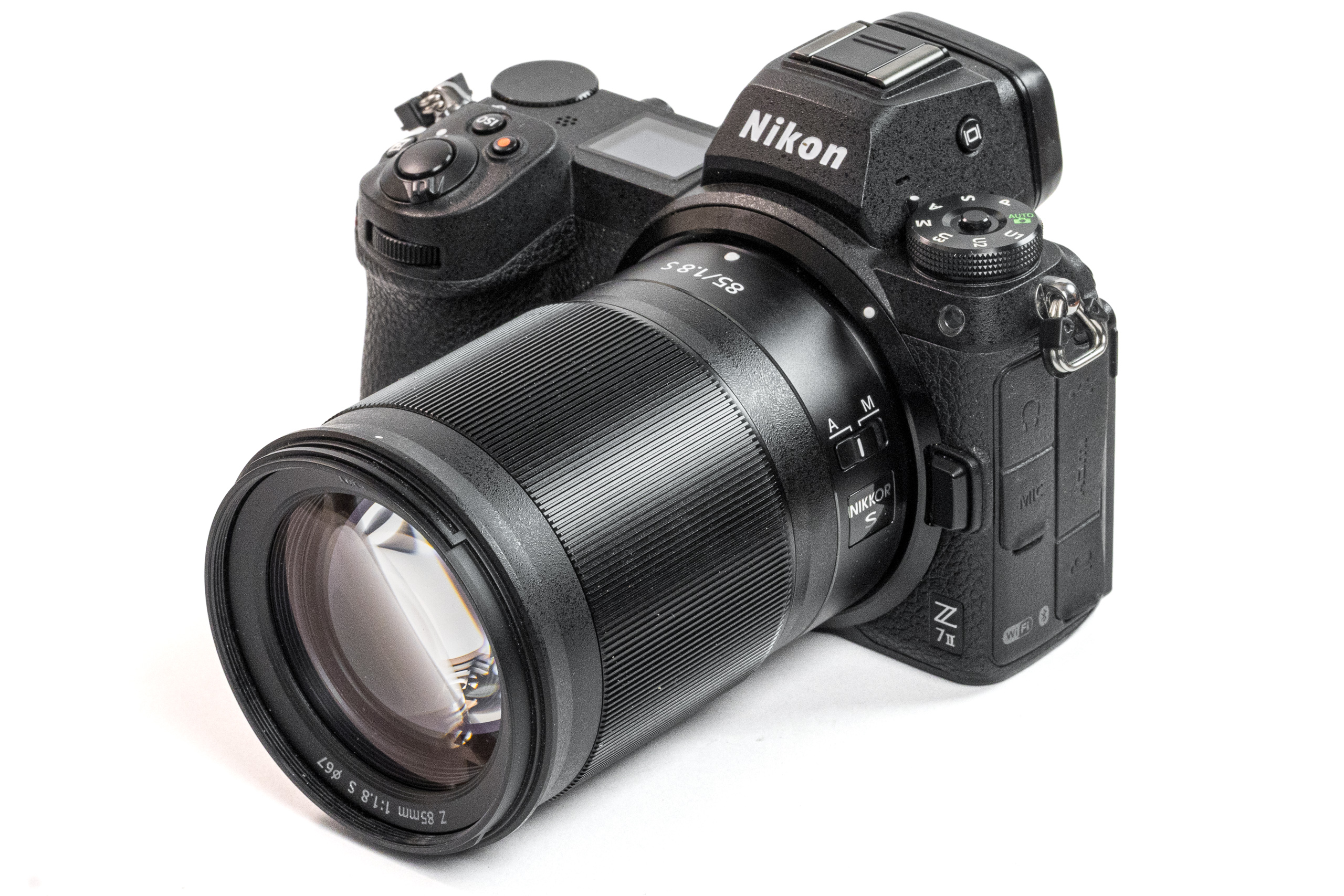 Nikon Z 85mm f/1.8 S | Nikon Z7ii
Nikon Z 85mm f/1.8 S | Nikon Z7iiThe Nikon Nikkor Z 85mm f/1.8 S is a short telephoto lens that delivers excellent background blur thanks to its large aperture. While it’s ideal for portrait photography, it can also be effectively used for landscape and street photography, thanks to its relatively wide field of view for a telephoto lens. This professional-grade lens is designed for both professionals and enthusiasts. From 2019 to 2023, it was Nikon’s only 85mm option for professional use on Z cameras, until the introduction of the 85mm f/1.2 S. Let’s take a closer look!
![]() I tested this lens on a 46 Mp Nikon Z7ii (Sample images were taken with a Nikon Zf and Nikon Zfc)
I tested this lens on a 46 Mp Nikon Z7ii (Sample images were taken with a Nikon Zf and Nikon Zfc)
 You can see this review as a YouTube video here!
You can see this review as a YouTube video here!
Sample Images
 Nikon Zf | Nikon Z 85mm f/1.8 S | f/2
Nikon Zf | Nikon Z 85mm f/1.8 S | f/2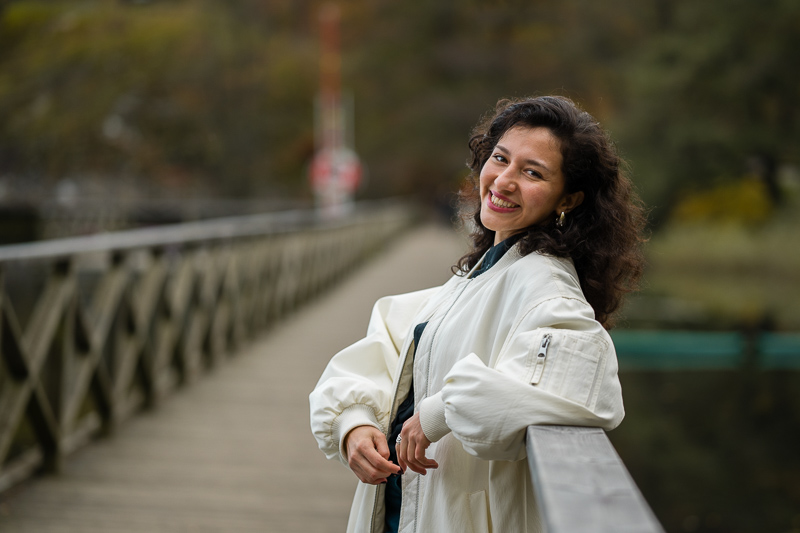 Nikon Zf | Nikon Z 85mm f/1.8 S | f/1.8
Nikon Zf | Nikon Z 85mm f/1.8 S | f/1.8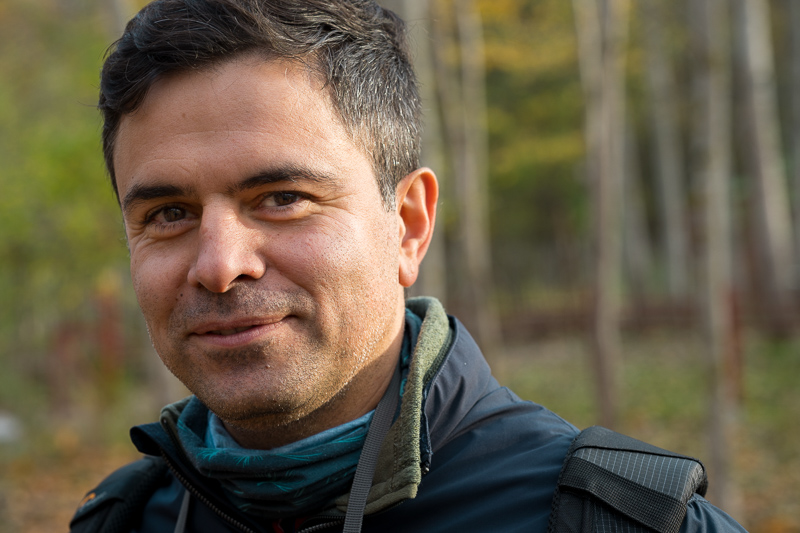 Nikon Zf | Nikon Z 85mm f/1.8 S | f/6.3
Nikon Zf | Nikon Z 85mm f/1.8 S | f/6.3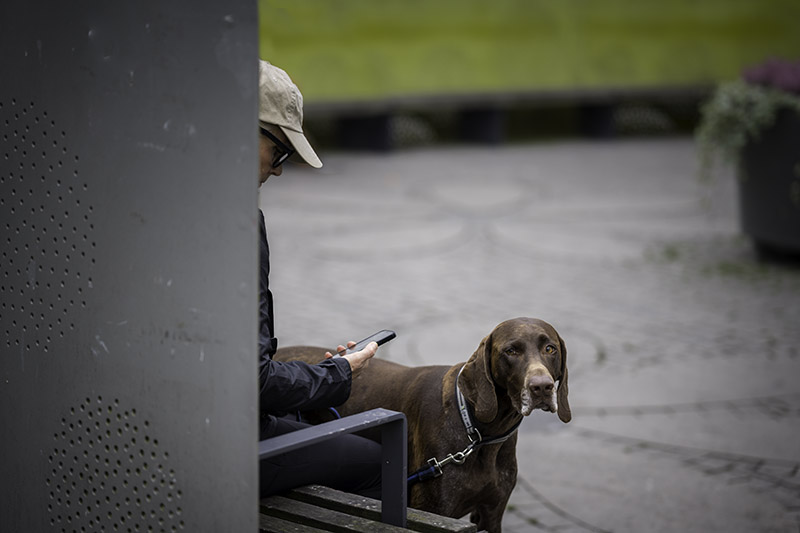 Nikon Zf | Nikon Z 85mm f/1.8 S | f/1.8
Nikon Zf | Nikon Z 85mm f/1.8 S | f/1.8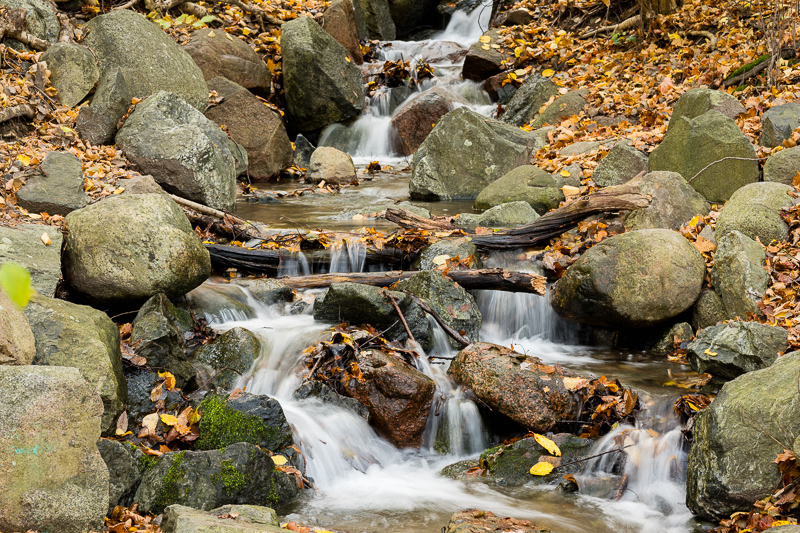 Nikon Zf | Nikon Z 85mm f/1.8 S | f/11
Nikon Zf | Nikon Z 85mm f/1.8 S | f/11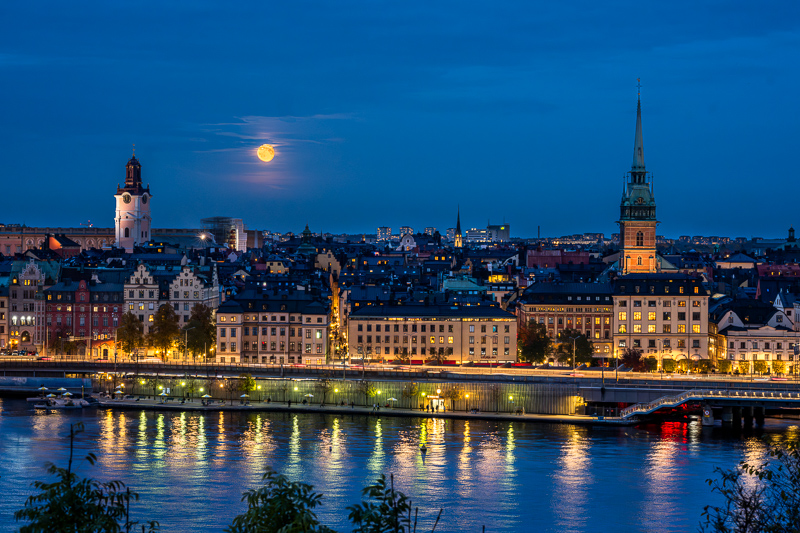 Nikon Zf | Nikon Z 85mm f/1.8 S | f/8
Nikon Zf | Nikon Z 85mm f/1.8 S | f/8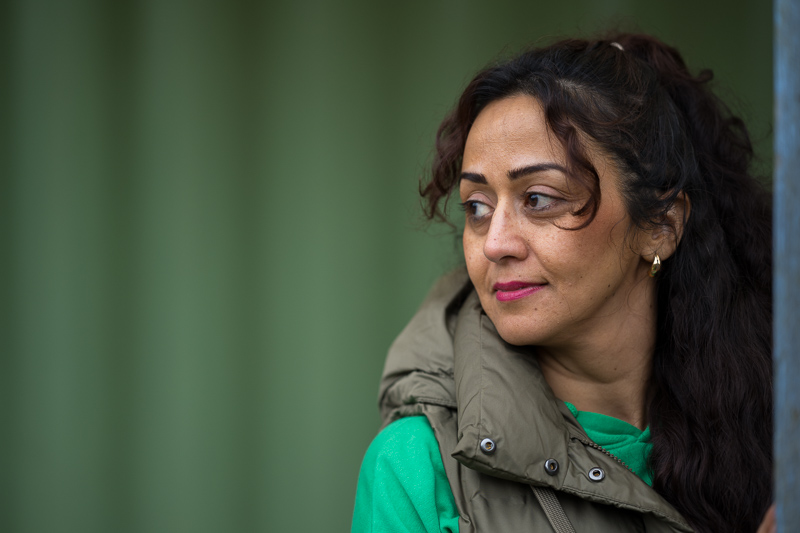 Nikon Zf | Nikon Z 85mm f/1.8 S | f/1.8
Nikon Zf | Nikon Z 85mm f/1.8 S | f/1.8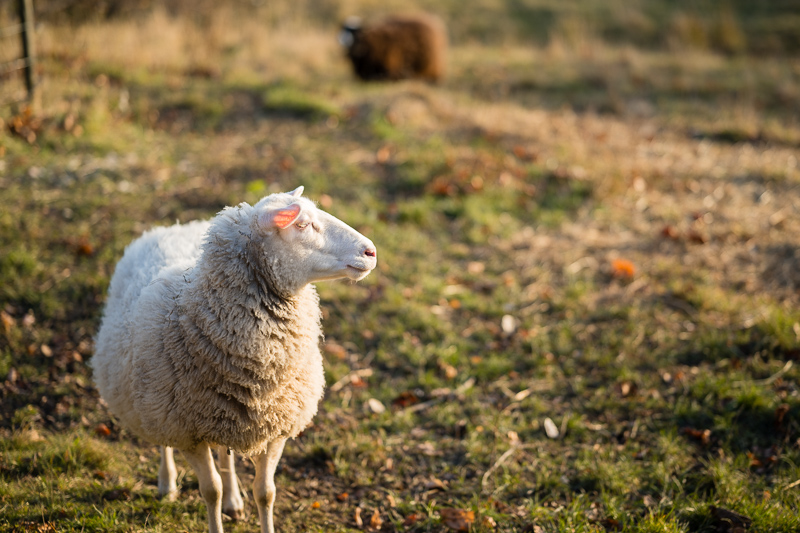 Nikon Zf | Nikon Z 85mm f/1.8 S | f/1.8
Nikon Zf | Nikon Z 85mm f/1.8 S | f/1.8 Nikon Zf | Nikon Z 85mm f/1.8 S | f/1.8
Nikon Zf | Nikon Z 85mm f/1.8 S | f/1.8 Nikon Zf | Nikon Z 85mm f/1.8 S | f/2.8
Nikon Zf | Nikon Z 85mm f/1.8 S | f/2.8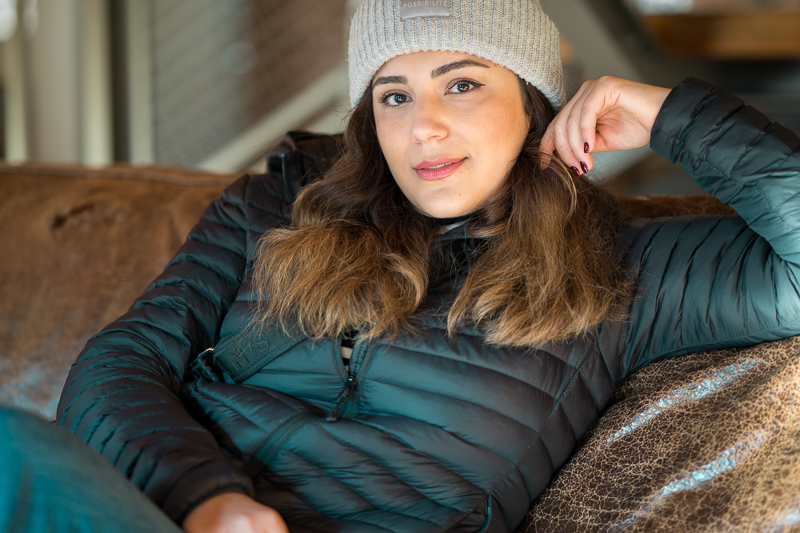 Nikon Zf | Nikon Z 85mm f/1.8 S | f/2
Nikon Zf | Nikon Z 85mm f/1.8 S | f/2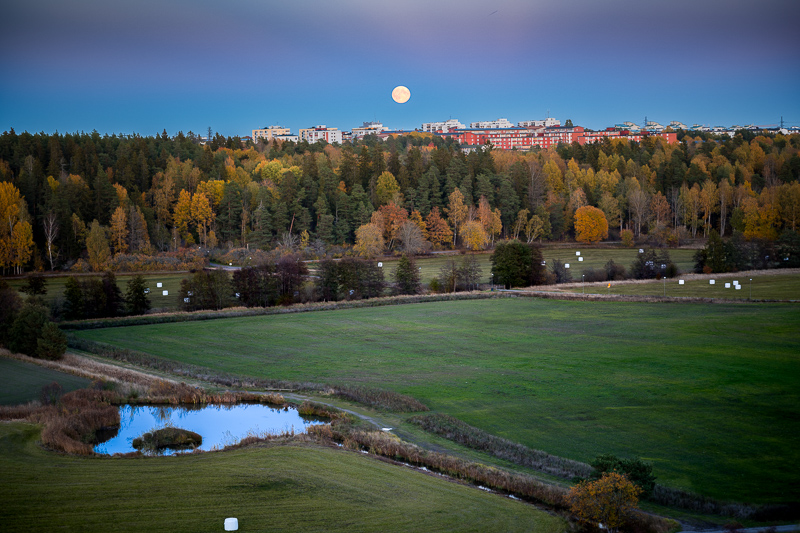 Nikon Zf | Nikon Z 85mm f/1.8 S | f/1.8
Nikon Zf | Nikon Z 85mm f/1.8 S | f/1.8Most of the sample images in this review and many more can be found in higher resolution here.
Specifications
| Focal Length | 85mm |
| Angle of View | 28°30′ |
| # of Aperture Blades | 9 (rounded diaphragm opening) |
| Max Aperture | f/1.8 |
| Min Aperture | f/16 |
| Min Focus Distance | 0.8 m/2.62 ft from focal plane |
| Filter Size | 67 mm |
| Lens Mount | Nikon Z |
| Weight | ≈ 470 g/1 lb 0.6 oz |
| Size (D x L) | 75.0 x 99.0 mm |
| Elements/Group | 12 elements in 8 groups (including 2 ED glass elements and elements with Nano Crystal Coat) |

IMG
Disclosure
One of our readers, Wolfgang, kindly loaned this lens for a couple of months for test and review purposes.
Handling & Build Quality
Like most Nikon Z lenses, the Nikkor Z 85mm f/1.8 S features a minimalist design. It appears to be very well built and slightly large for an 85mm f/1.8 but remains lightweight at just 470g. This lightness is likely due to the lens barrel being made of durable plastic, though the lens mount and the large focusing ring are metal. There is an AF/MF switch for toggling between autofocus and manual focus, but, as with other Nikon Z lenses, you have full-time manual override in AF mode. This allows you to adjust focus manually by turning the focus ring at any time, even when autofocus is engaged.
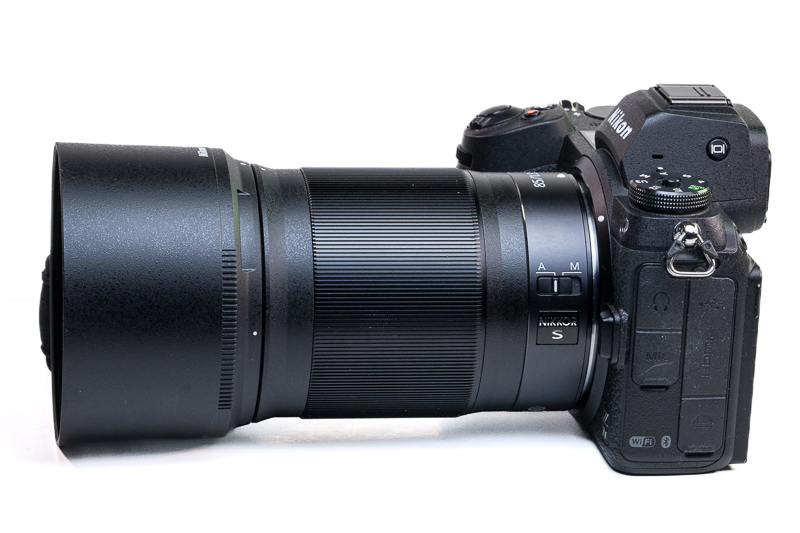 Nikon Nikkor Z 85mm f/1.8 S with its lens hood on a Nikon Z7ii
Nikon Nikkor Z 85mm f/1.8 S with its lens hood on a Nikon Z7iiAlthough this lens lacks a dedicated control ring, like all Nikon lenses, its large focusing ring can be customized to control manual focus, aperture settings, exposure compensation, ISO sensitivity, or left inactive
The lens employs internal focusing, so its length remains constant, and the front element doesn’t rotate when focusing. It comes with a lens hood and front and rear caps. The lens lacks built-in image stabilization, relying instead on the camera’s 5-axis IBIS.
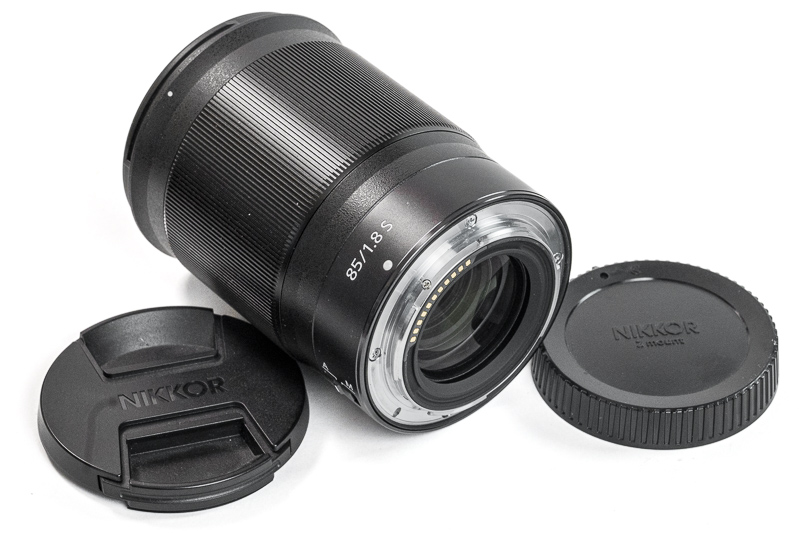 Nikon Z 85mm f/1.8 S | mount plate, fron & rear caps
Nikon Z 85mm f/1.8 S | mount plate, fron & rear capsAutofocus performance, aided by a stepping motor, is fast, accurate, and virtually silent.
Optical Features
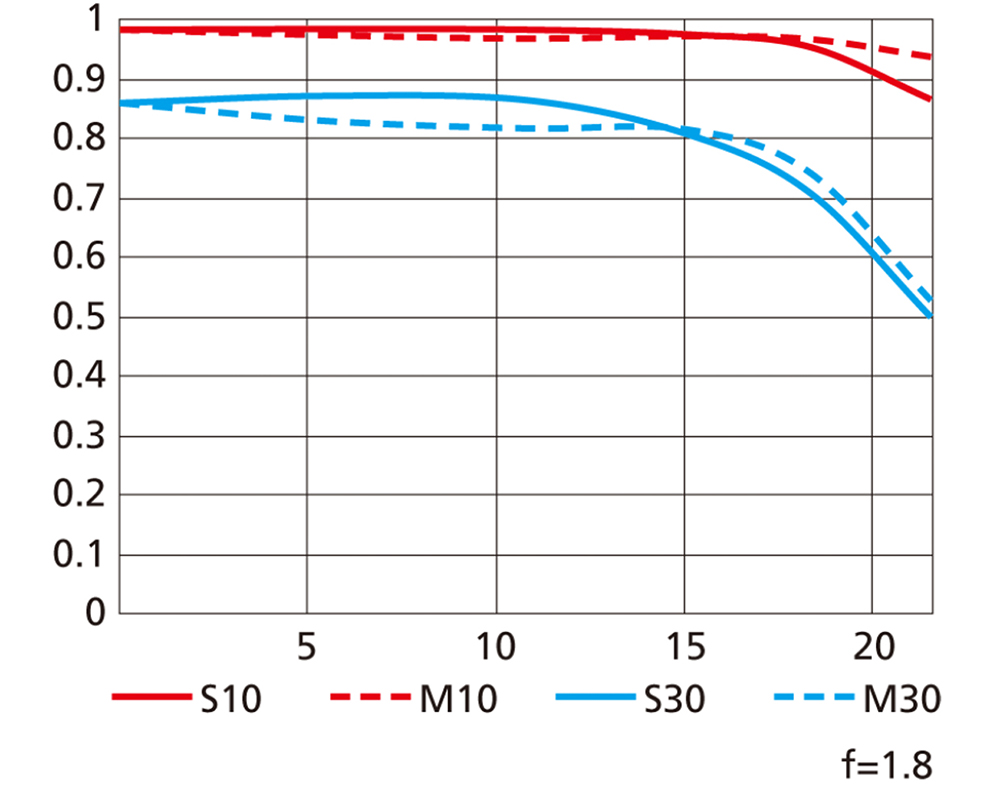 MTF curves | Nikon Z 85mm f/1.8 S
MTF curves | Nikon Z 85mm f/1.8 SThe MTF chart shows impressive performance, which promises excellent sharpness and contrast with minimal aberrations. The lens design notably lacks any aspherical elements. This choice is likely because the lens is intended for portraiture, and Nikon likely avoided aspherical elements to prevent undesirable bokeh effects in the background.
Sharpness (Infinity)
For the infinity sharpness test, we look at three areas of the image, centre, mid-frame, and corner, see highlighted areas in the image below!
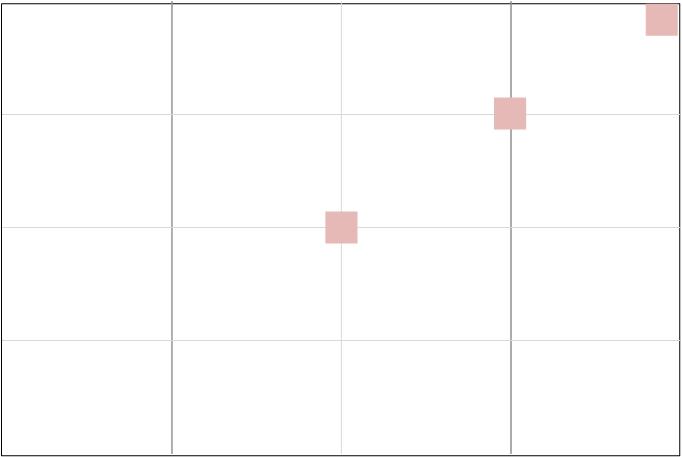 Infinily Sharpness Points of Inspection
Infinily Sharpness Points of Inspection Infinity sharpness chart | Nikon Z 85mm f/1.8 S | Nikon Z7ii | 100% crop
Infinity sharpness chart | Nikon Z 85mm f/1.8 S | Nikon Z7ii | 100% cropImpressive performance here as right from wide open at f/1.8 we get excellent sharpness in both the centre and midframe, the corner sharpness is “only” very good. Stopping down to 2.8 makes the centre sharpness phenomenal and another stop to f/4 makes even the corner sharpness excellent.
Sharpness (Portrait)
Let’s look at the points of interest for portraits at the portrait distance: the very centre, the centre’s inner periphery (1/3 rule intersection), and the centre’s outer periphery (1/4th intersection).
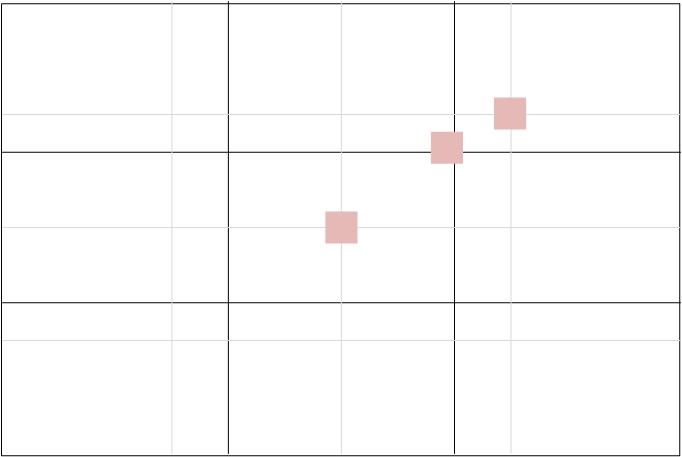 Portrait Sharpness Points of Interest
Portrait Sharpness Points of InterestSame story here, excellent sharpness at all points right from f/1.8.
Sharpness (Close-up)
Very good sharpness at closeup distance too. Stopping down improves the sharpness slightly and at f/4 you have excellent sharpness.
Lens Distortion
There is virtually no lens distortion visible. Even if there is some, LR and PS automatically apply distortion correction to Nikon Z lenses.
 Lens distortion | Nikon Z 85mm f/1.8 S | Nikon Z7ii | 100% crop
Lens distortion | Nikon Z 85mm f/1.8 S | Nikon Z7ii | 100% cropVignetting
Quite good performance here, wide open the lens shows moderate vignetting and from f/2.8 the light fall off is negligible.
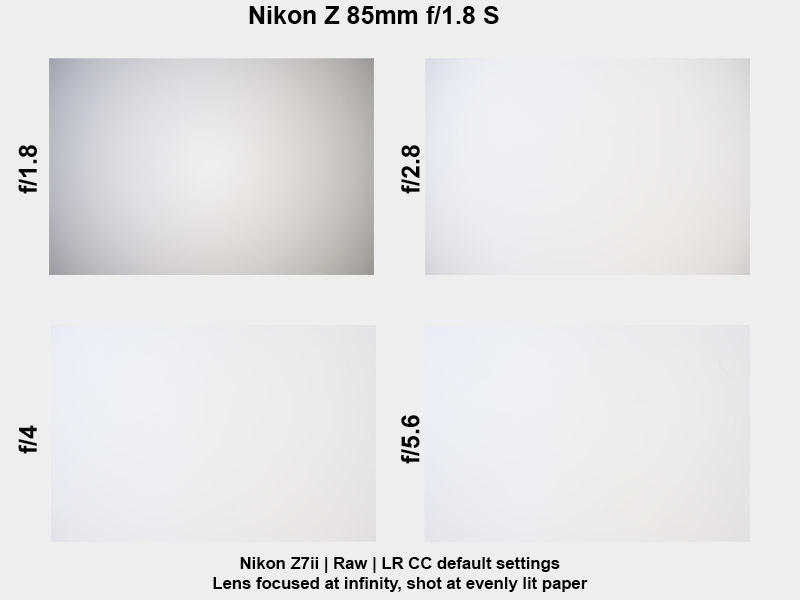 Vignette Chart | Nikon Z 85mm f/1.8 S | Nikon Z7ii
Vignette Chart | Nikon Z 85mm f/1.8 S | Nikon Z7ii- F/1.8: 1.7 EV
- F/2.8: 0.6 EV
- F/4.0: 0.2 EV
- F/5.6: 0.2 EV
Focus Shift & Aberrations
There is some longitudinal chromatic aberration visible if you enlarge chart images like I have done, but it is not bad by any means. They will not go away instantly and you need to stop down to f/5.6 to completely get rid of them. It is not disturbing though and in most situations not even noticeable.
The lateral chromatic aberrations is very well controlled as nothing of that is visible in the images. Here you can see a 100% crop of the corner of an image with very high contrast.
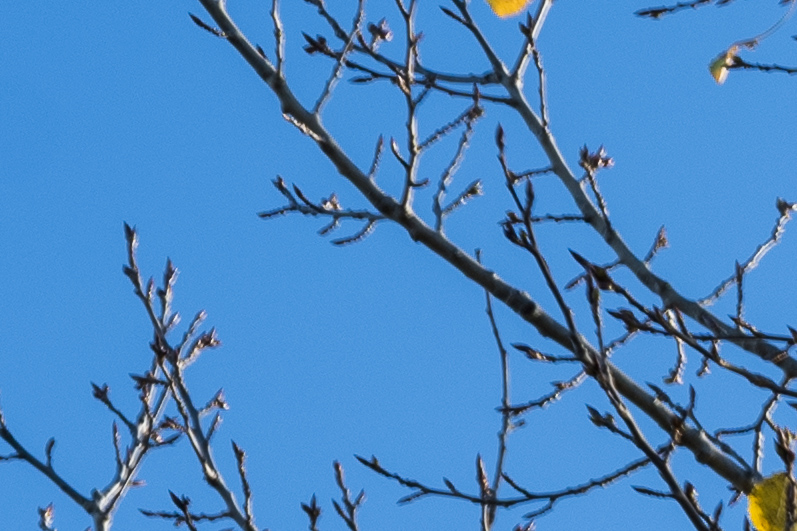 LaCA | Nikon Z 85mm f/1.8 S | Nikon Z7ii | 100% crop
LaCA | Nikon Z 85mm f/1.8 S | Nikon Z7ii | 100% cropFlare Resistance
In this section, we push lenses to their limits by testing their resistance to flare. Even the best lenses can be made to perform poorly under the right conditions. Certain points just outside the frame or near the edge often result in significant flare, especially at smaller apertures, as shown in the images below. This is why Nikon includes a lens hood, which effectively mitigates flare in these scenarios. However, I also observed flare with the sun positioned directly in the middle of the frame—a situation I had expected a Nikon S lens to handle better. That said, it’s unlikely you would encounter this scenario in the lens’s typical applications.
Coma
There is almost no coma visible. Wide open at f/1.8 and only in the corner of the image, you can see some negligible coma effect, which is completely gone by the slightest stop-down. Excellent performance.
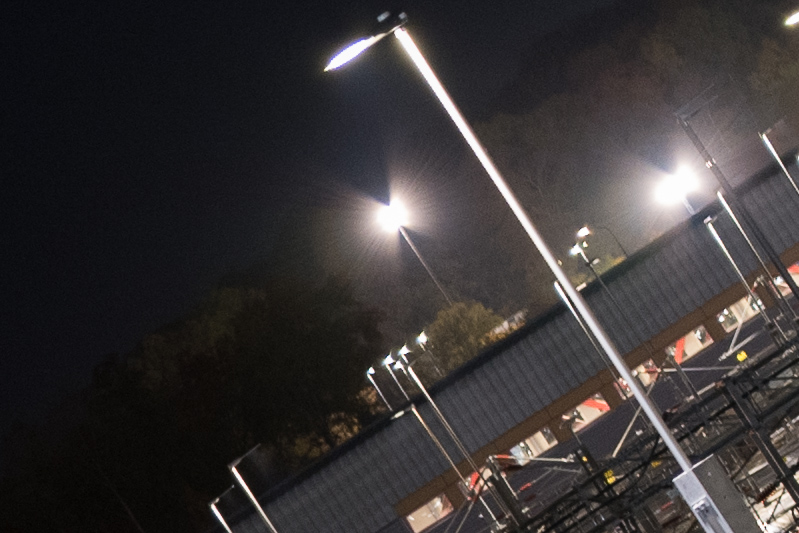

Sunstars
Despite 9 rounded aperture blades, like most of the Nikkor lenses, this nikkor 85/1.8 can produce nice sustars, which become very distinct from f/5.6 and smaller apertures.
Focus Breathing
It seems that this is the weakest point of this lens as the lens shows substantial focus breathing.
 Focus Breathing | Nikon Z 85mm f/1.8 S | Nikon Z7ii
Focus Breathing | Nikon Z 85mm f/1.8 S | Nikon Z7iiBokeh
Bokeh is an important consideration for a portrait lens like this one. Let’s have a quick look at the bokeh itself first.
Overall, the rendering is smooth and pleasing, even with complex backgrounds, and there’s no trace of onion-ring artifacts. The bokeh looks excellent. One minor issue is that highlights can quickly take on a cat’s-eye shape as they move further from the center of the frame.
Let’s look at the background blur at different distances!
MFD
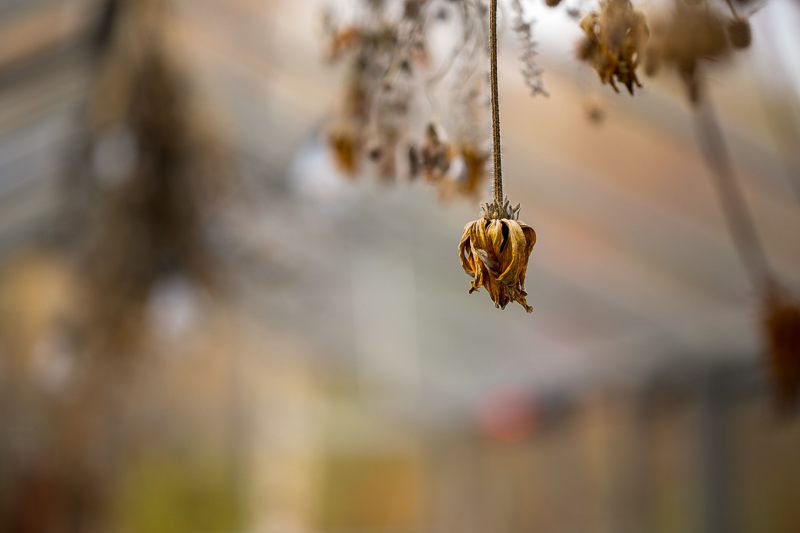 Nikon Zf | Nikon Z 85mm f/1.8 S | f/1.8
Nikon Zf | Nikon Z 85mm f/1.8 S | f/1.8At Minimum Focusing Distance it is no surprise that the background blur is soft and creamy
Close
Even here there should not be a problem for a portrait lens to deliver pleasant background blur without any distraction, which also is the case here.
 Nikon Zf | Nikon Z 85mm f/1.8 S | f/1.8
Nikon Zf | Nikon Z 85mm f/1.8 S | f/1.8 Nikon Zf | Nikon Z 85mm f/1.8 S | f/1.8
Nikon Zf | Nikon Z 85mm f/1.8 S | f/1.8 Nikon Zf | Nikon Z 85mm f/1.8 S | f/1.8
Nikon Zf | Nikon Z 85mm f/1.8 S | f/1.8Passed. So far so good.
Mid Distance
Here it starts getting interesting, where some lenses can struggle to render non-distracting pleasing background.
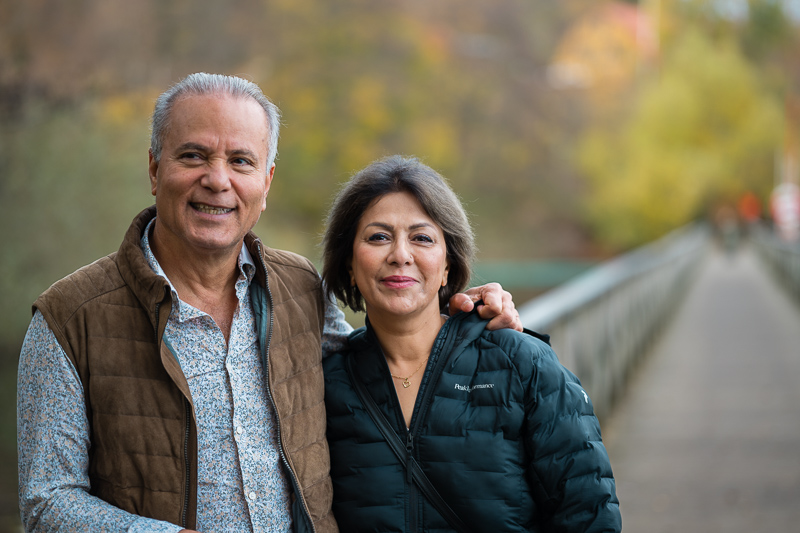 Nikon Zf | Nikon Z 85mm f/1.8 S | f/1.8
Nikon Zf | Nikon Z 85mm f/1.8 S | f/1.8 Nikon Zf | Nikon Z 85mm f/1.8 S | f/1.8
Nikon Zf | Nikon Z 85mm f/1.8 S | f/1.8 Nikon Zf | Nikon Z 85mm f/1.8 S | f/1.8
Nikon Zf | Nikon Z 85mm f/1.8 S | f/1.8No problem here either.
Long Distance
The real challenge, where not many lenses can perform well, but even here the Nikon Z 85mm 1.8 pass the test with ease.
 Nikon Zf | Nikon Z 85mm f/1.8 S | f/1.8
Nikon Zf | Nikon Z 85mm f/1.8 S | f/1.8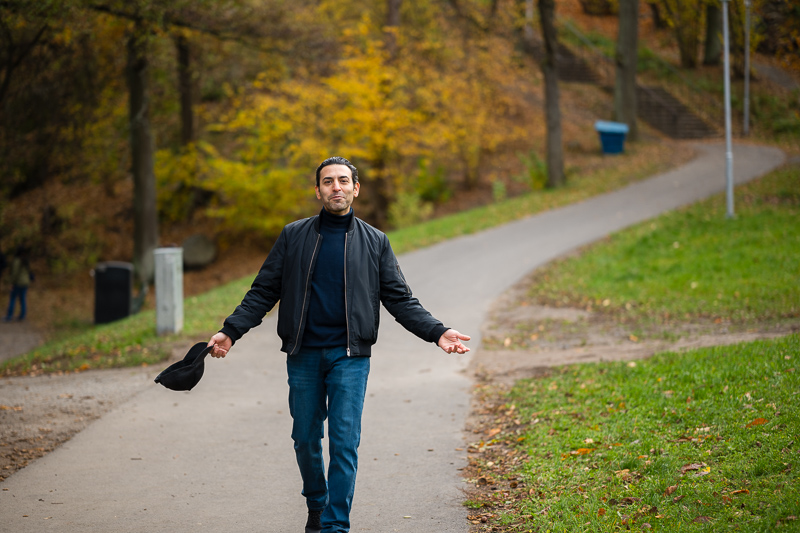 Nikon Zf | Nikon Z 85mm f/1.8 S | f/1.8
Nikon Zf | Nikon Z 85mm f/1.8 S | f/1.8The bokeh and background blur of this Z 85/1.8 is smooth and creamy, it is not distracting at any distance, the 85mm compression also helps. Well done.
Conclusion
| I LIKE | AVERAGE | I DON’T LIKE |
| Sharpness Bokeh Lens Distortion Vignetting Chromatic aberrations Coma Sunstars Build quality Autofocus |
Price Size Flare resistance (+) |
Focus breathing |
This lens offers impressive sharpness and smooth bokeh—two qualities that alone make it a top choice for many as their main portrait lens. In addition to these strengths, it boasts excellent build quality, minimal distortion, no lateral chromatic aberration, negligible longitudinal chromatic aberration, and silent autofocus. While not deal breakers, the price and size could be better. One area with significant room for improvement is focus breathing, which mainly affects video work. Overall, if you’re looking for a solid, sharp portrait lens with great bokeh for your Z camera, this lens is a reliable choice.
Writing articles like this one is both time-consuming and costs us a lot of money. If you found this article helpful and decided to buy one of these lenses, please consider using one of the affiliate links.
If you are not interested in buying any of the lenses, but you still found this article useful, interesting, or it saved you a lot of money, treat us to a coffee (donate)!
Alternatives
Nikon AF-S 85mm f/1.8G
This is also an excellent lens and most of its qualities resemble this Nikon Z lens, but, almost in every category the reviewed Z lens is a little better.
Buy new: Amazon (anywhere) for $427 (Affiliate links)
Buy used: ebay.com, ebay.de, ebay.co.uk from $279 (Affiliate links)
Viltrox AF 85mm f/1.8
A third party lens with outstanding bokeh and a sharpness that is is more than good enough, but not as sharp as this Nikon. It is a little larger too. In my opinion if the bokeh is very important for you consider this lens over the Nikon lens as it is even better than the tested lens in that area.
Buy new: Viltrox Store*, Amazon (anywhere) for $399 (Affiliate links)
Buy used: ebay.com, ebay.de, ebay.co.uk from $325 (Affiliate links)
* Using this affiliate link you get 8% discount
Yongnuo 85/1.8 DF DSM (New version)
A budget friendly option with excellent centre sharpness but not as good corner sharpness. CA and vignetting is not as good as the Nikon either. For the money it is good value.
Buy new: Amazon (anywhere) for $379 (Affiliate links)
7Artisans AF 85mm f/1.8
The most budget friendly 85mm option with a build quality that is not on par with the Nikon one, but with excellent centre sharpness but poor corner sharpness. CA and vignetting is higher. Bokeh is nice so if you intend to use the lens only for portrait this could be a good option.
Buy new: Amazon (anywhere) for $299 (Affiliate links)
TTArtisan AF 75mm f/2
Certainly not an 85mm, but an excellent, budget-friendly lens. It’s the smallest and lightest among the alternatives, with sharpness that surpasses most, if not all, alternatives here. This is the best value-for-money option for a portrait or short telephoto lens currently available. Plus, it’s on sale for a limited time! If you are on a tight budget and you want a portrait lens, this would be my recommendation.
TTArtisan Store $158**, Amazon (Anywhere) for $199 (Affiliate links)
** Time limited offer
More Sample Images
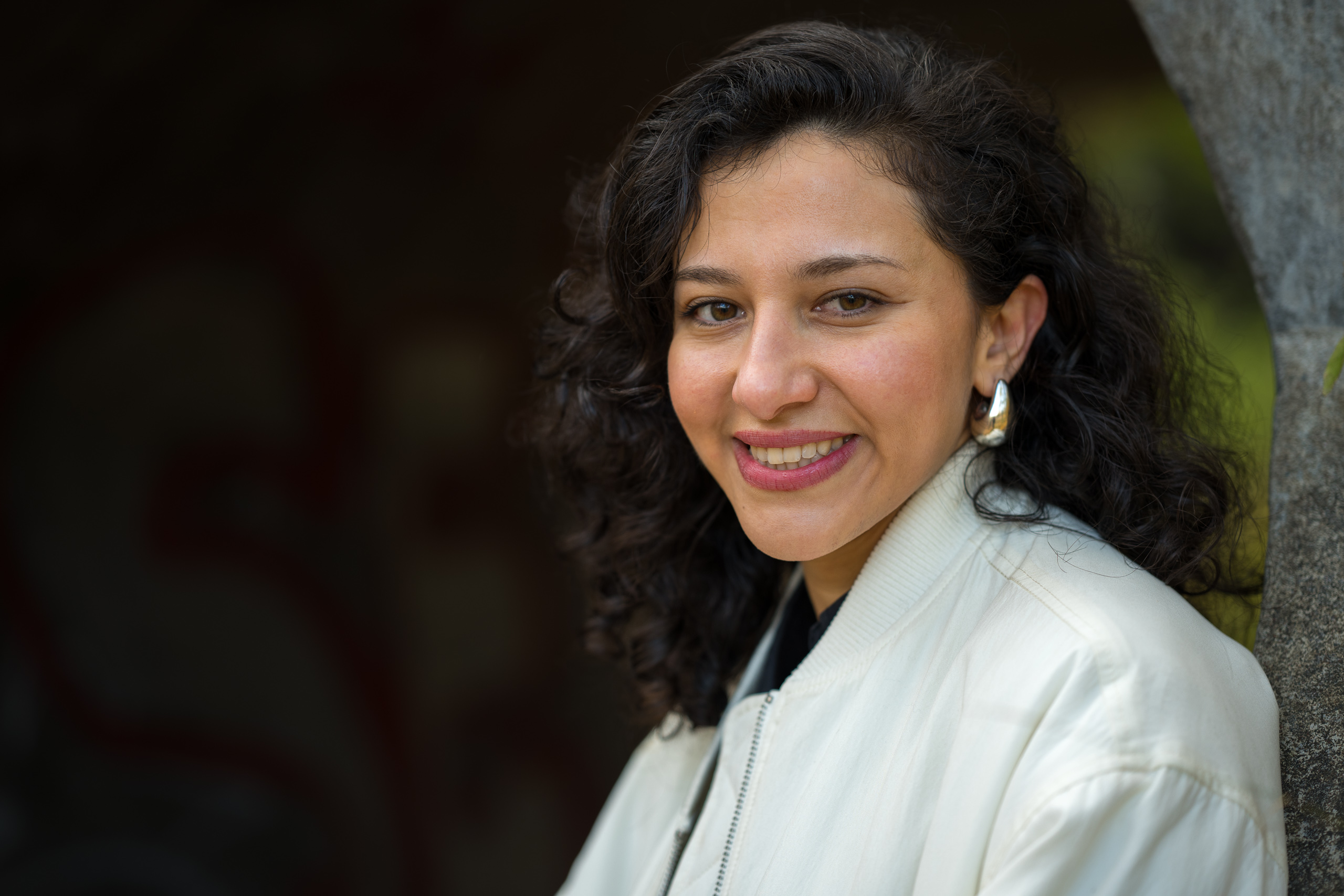 Nikon Zf | Nikon Z 85mm f/1.8 S | f/1.8
Nikon Zf | Nikon Z 85mm f/1.8 S | f/1.8 Nikon Zf | Nikon Z 85mm f/1.8 S | f/1.8
Nikon Zf | Nikon Z 85mm f/1.8 S | f/1.8 Nikon Zf | Nikon Z 85mm f/1.8 S | f/8
Nikon Zf | Nikon Z 85mm f/1.8 S | f/8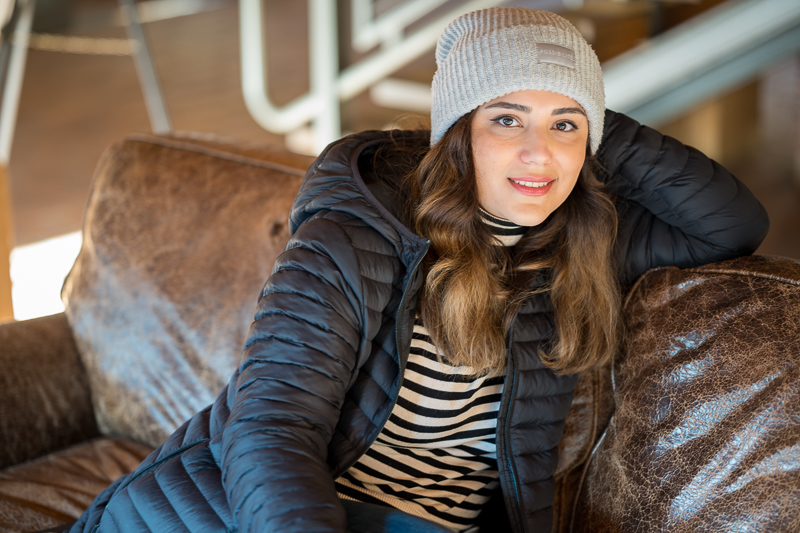 Nikon Zf | Nikon Z 85mm f/1.8 S | f/2
Nikon Zf | Nikon Z 85mm f/1.8 S | f/2 Nikon Zf | Nikon Z 85mm f/1.8 S | f/1.8
Nikon Zf | Nikon Z 85mm f/1.8 S | f/1.8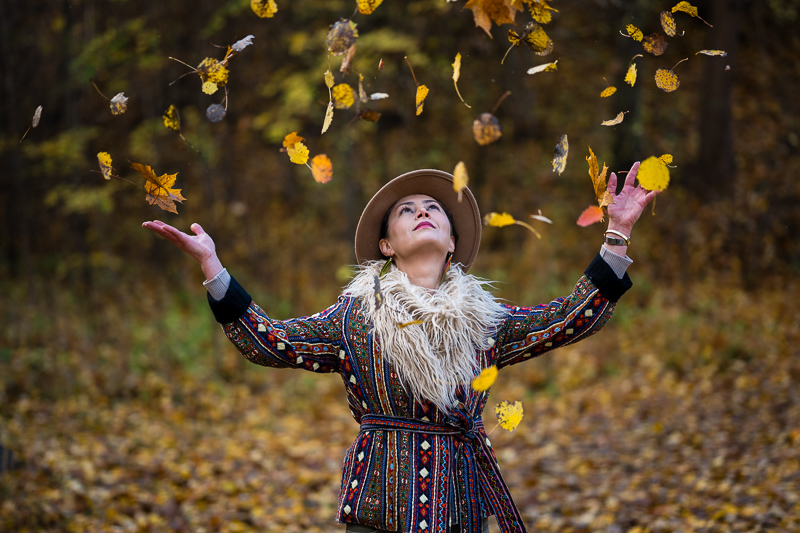 Nikon Zf | Nikon Z 85mm f/1.8 S | f/1.8
Nikon Zf | Nikon Z 85mm f/1.8 S | f/1.8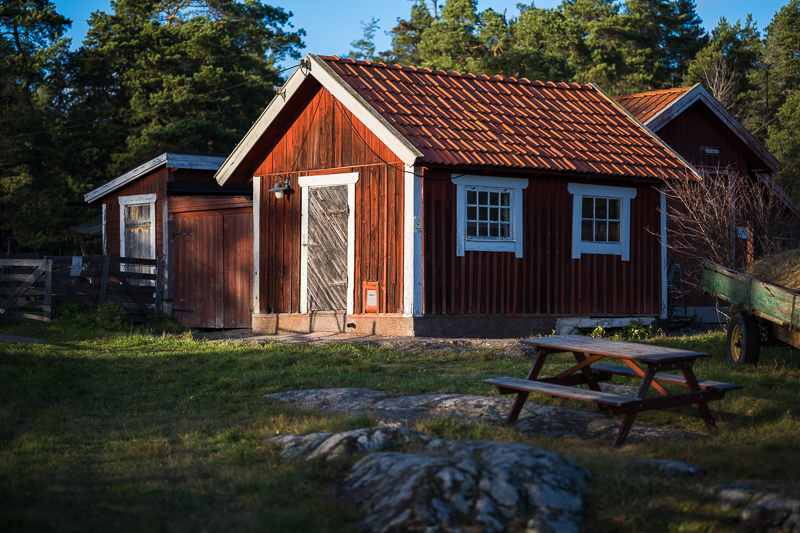 Nikon Zf | Nikon Z 85mm f/1.8 S | f/1.8
Nikon Zf | Nikon Z 85mm f/1.8 S | f/1.8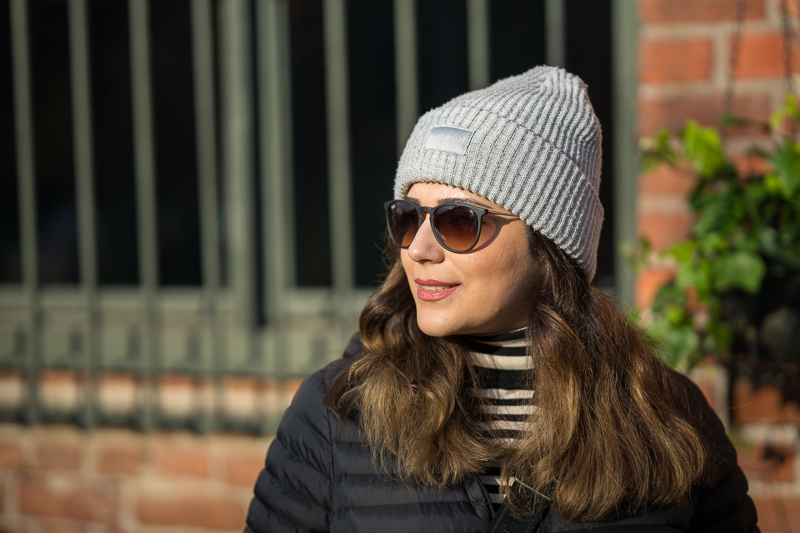 Nikon Zf | Nikon Z 85mm f/1.8 S | f/1.8
Nikon Zf | Nikon Z 85mm f/1.8 S | f/1.8 Nikon Zf | Nikon Z 85mm f/1.8 S | f/1.8
Nikon Zf | Nikon Z 85mm f/1.8 S | f/1.8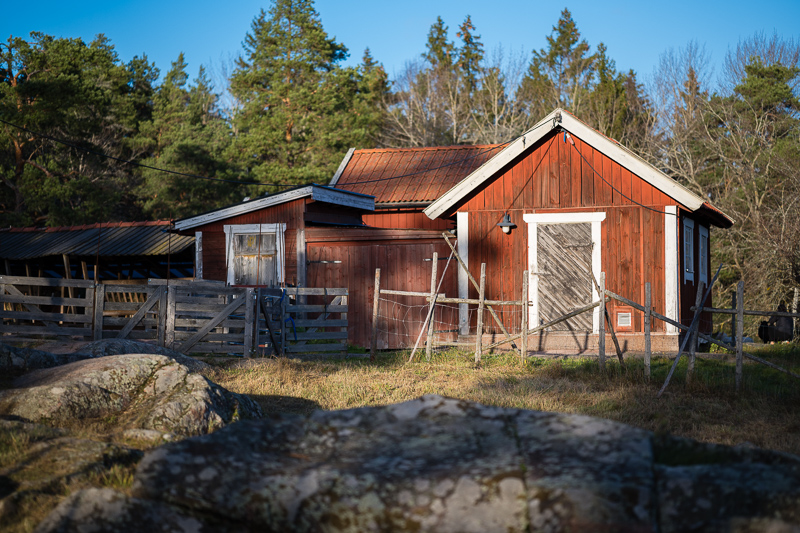 Nikon Zf | Nikon Z 85mm f/1.8 S | f/1.8
Nikon Zf | Nikon Z 85mm f/1.8 S | f/1.8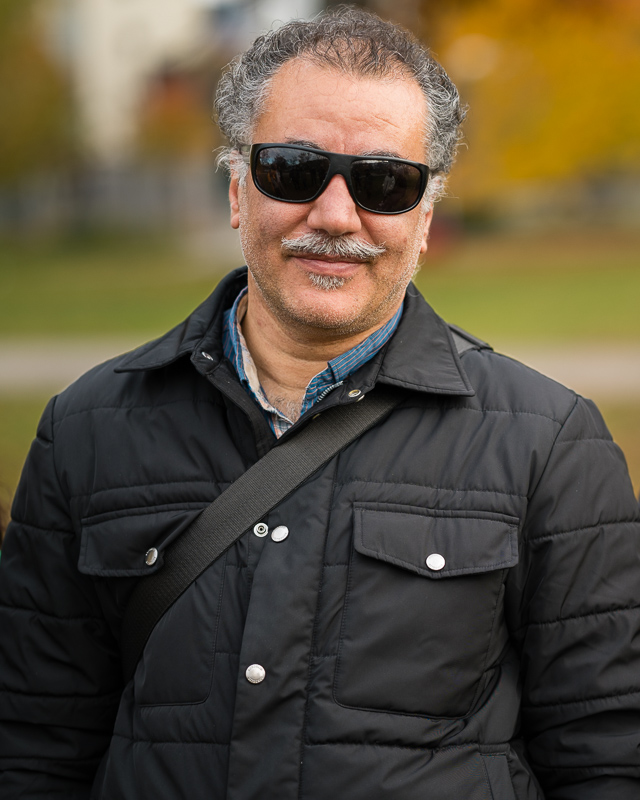 Nikon Zf | Nikon Z 85mm f/1.8 S | f/1.8
Nikon Zf | Nikon Z 85mm f/1.8 S | f/1.8 Nikon Zf | Nikon Z 85mm f/1.8 S | f/11
Nikon Zf | Nikon Z 85mm f/1.8 S | f/11Most of the sample images in this review and many more can be found in higher resolution here.
Further Reading
- What camera gear and accessories do I use most frequently?
- Review: Viltrox AF 85mm f/1.8 Z
- Review: TTAartisan AF 75mm f/2
Support Us
Did you find this article useful or did you just like reading it? It took us a lot of time and money to prepare it for you. Use the Donate button to show your appreciation!
![]()

(Donations via Paypal or bank card)
What’s in my camera bag? MY 2024 KIT!!
- Main camera : https://amzn.to/3TsGtKg
- Camera grip : https://amzn.to/4e0G3CR
- Memory Card 1: https://amzn.to/47pA20i
- Memory Card 2 : https://amzn.to/3XHYxlZ
- Camera 2 : https://amzn.to/3Xifou8
- Camera grip: https://amzn.to/4dYYpV9
- Memory card 1: https://amzn.to/4e5h2H0
- Memory card 2: https://amzn.to/3zu7W7n
- Small travel tripod: https://amzn.to/4goIX68
- Mini tripod: https://amzn.to/4e09XXX
- Small shoulder bag: https://amzn.to/47tPMiY
- Medium shoulder bag: https://amzn.to/4ej4bjY
This site contains affiliate links, for which I may receive a small commission if you purchase via the links at no additional cost to you. This helps support the creation of future content.
The following two tabs change content below.
Martin M.H. lives outside Stockholm, Sweden. He is a M.Sc. in Computer Technology but he has been a passionate photographer for over 45 years. He started his photographic adventures when he was thirteen with an Agfamatic pocket camera, which he soon replaced with a Canon rangefinder camera that his mom gave him in his teenages. After that he has been using Canon SLR, Nikon SLR manual focus and Autofocus, Sony mirrorless crop sensor, Nikon DSLR and Nikon Mirrorless. He has photographed any genre he could throughout the years and you can see all kind of images in his portfolio. During the later years though it has been mostly landscape, nature, travel and some street/documentary photography.

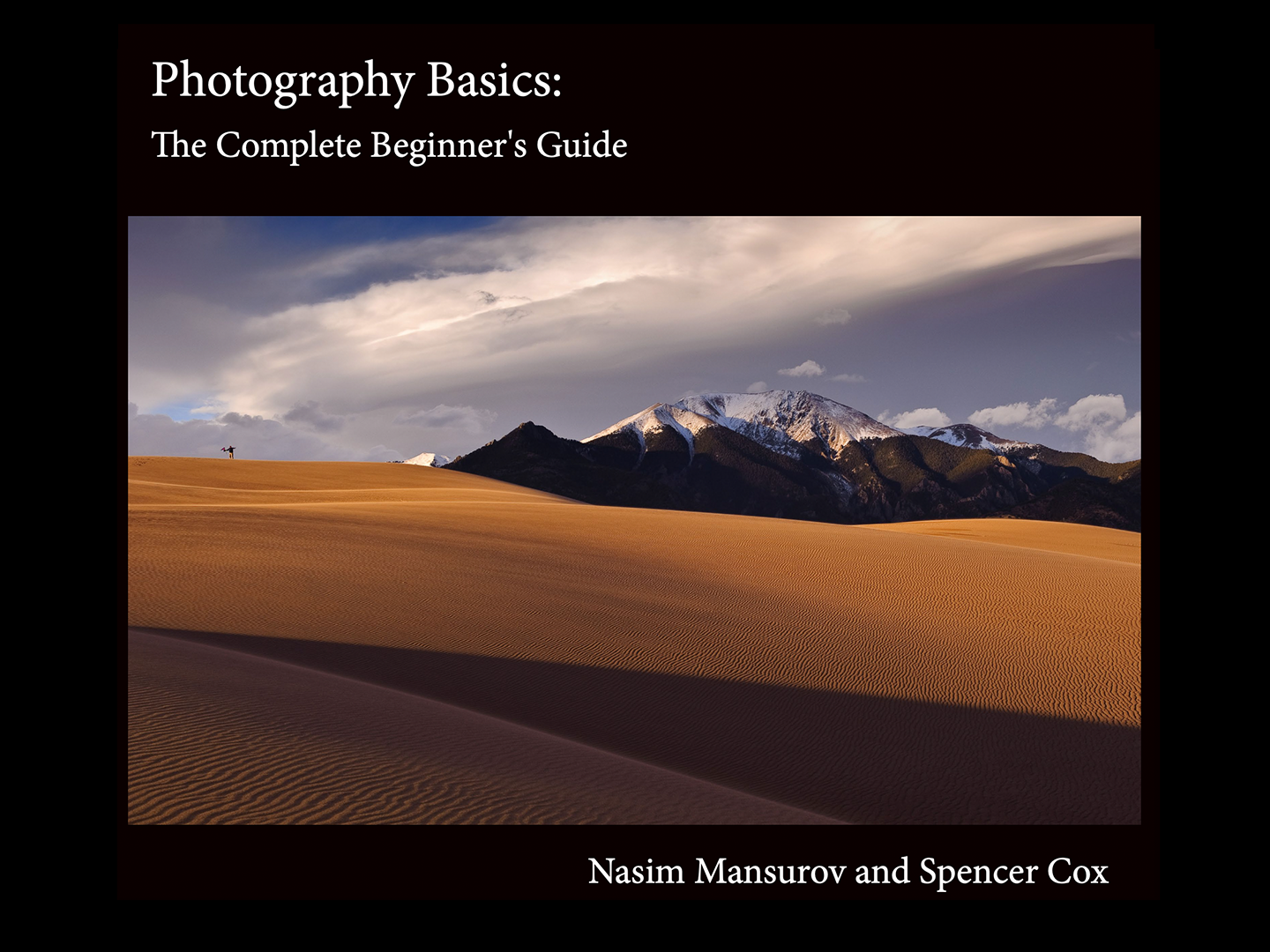

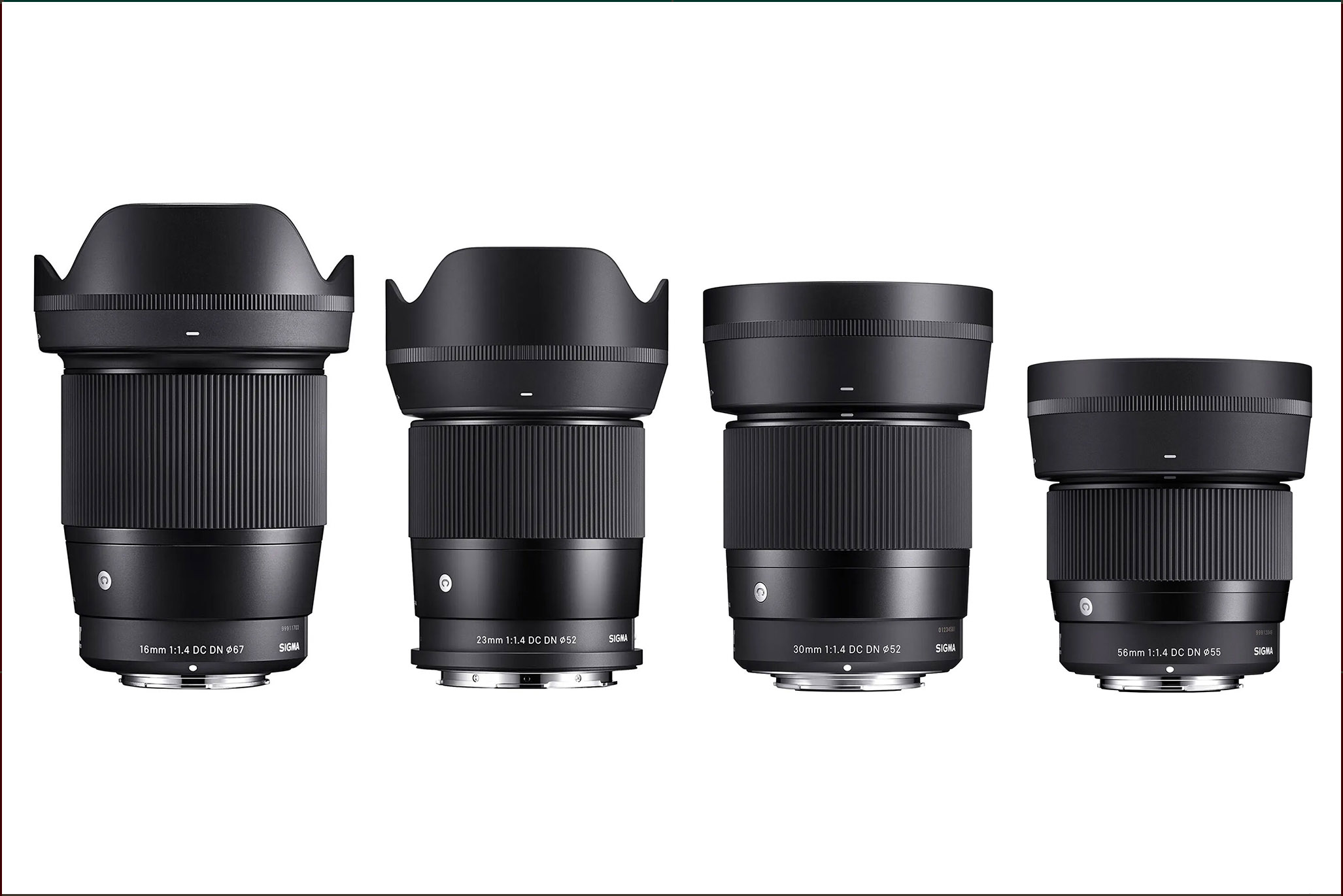
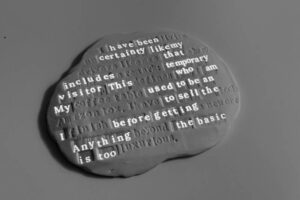
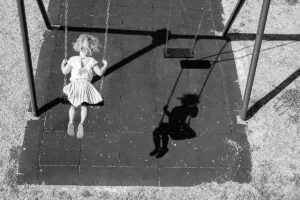



 English (US) ·
English (US) ·